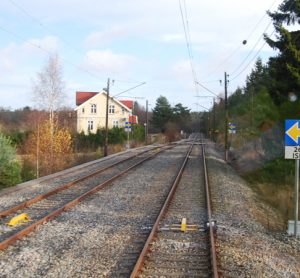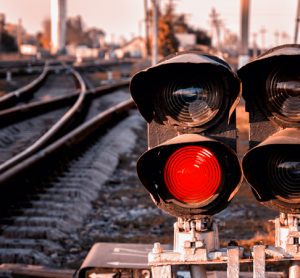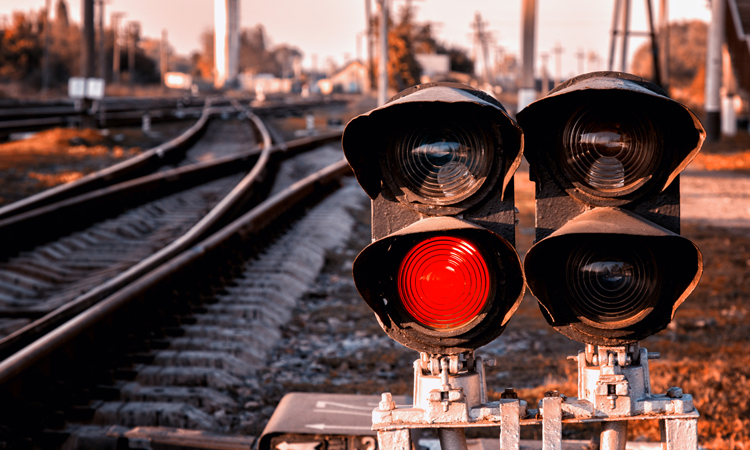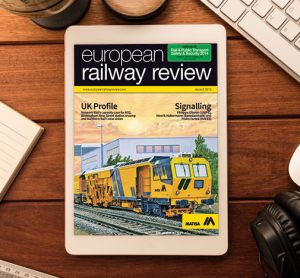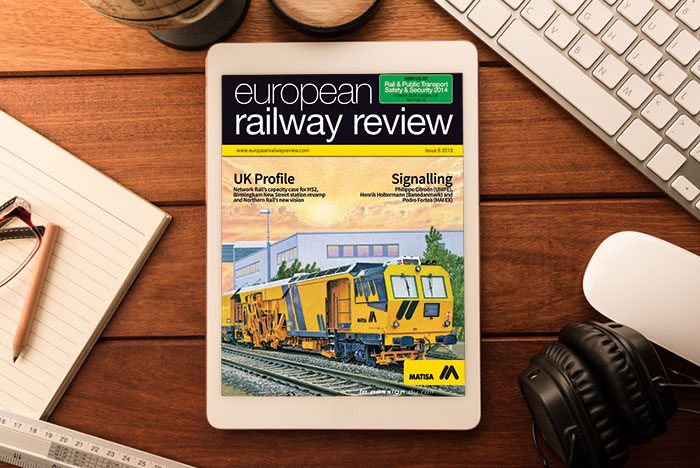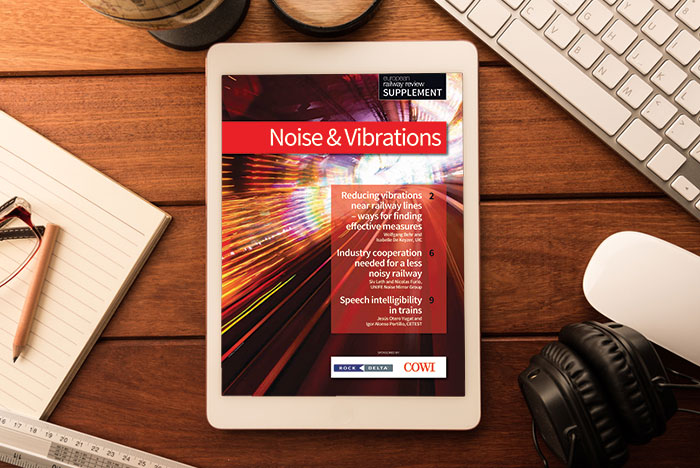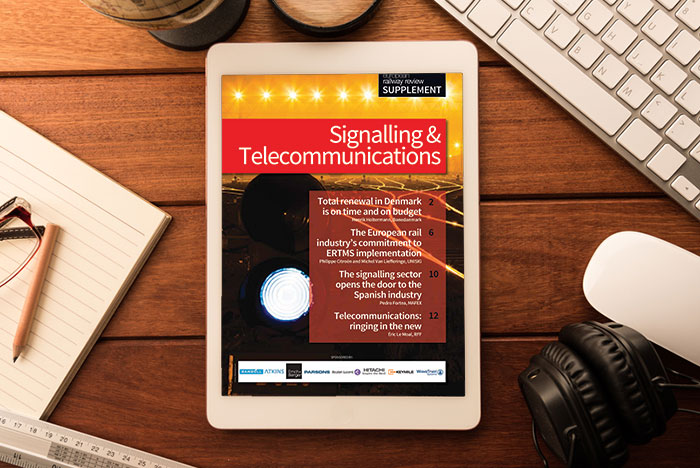GSM-R achievements and its technological evolution
2013 was a busy year for GSM-R. System implementation in Europe is progressing well with very few European railways left that have not reached at least one of the implementation stages. New tenders in Slovenia and Hungary have successfully been finalised and GSM-R continues its expansion worldwide including, among others,…





